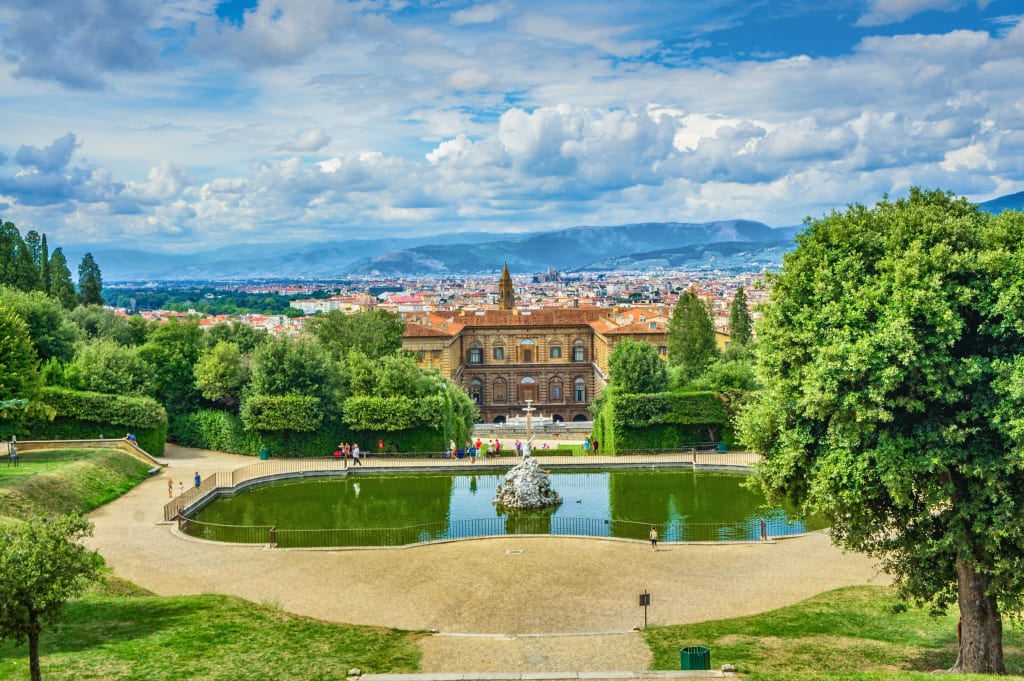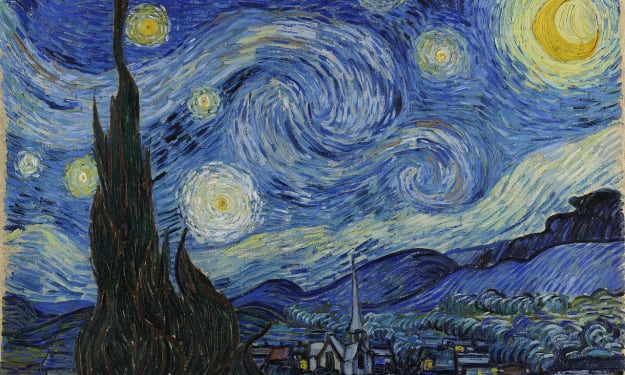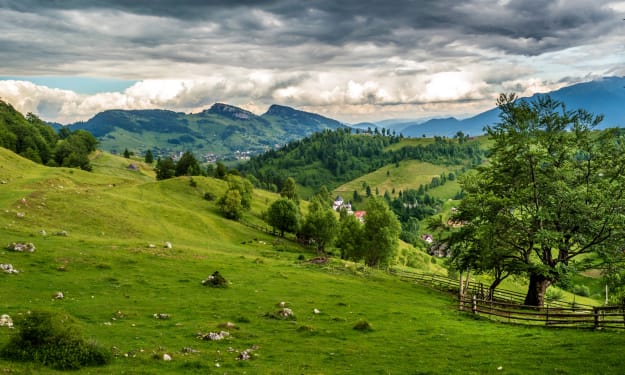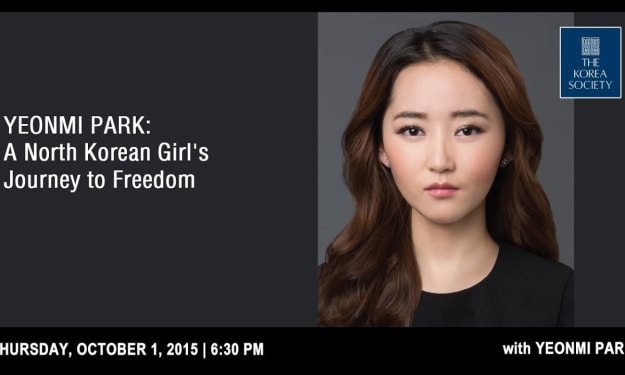A Curious Alchemist: In the Hearth of the Renaissance
A Tale of Knowledge, Discovery and Transformation in the Golden Age of Exploration

Once, in a lifetime not my own, I found myself wrapped in the fabric of the Renaissance, that miraculous epoch between the Middle Ages and the Age of Enlightenment. The year was 1456, the dawn of a new era brimming with curiosity and a hunger for understanding that stretched from the quietest villages to the most resplendent royal courts.
I was born into a modest family in the heart of Florence, Italy, the epicenter of art, philosophy, and science. The city was alight with the works of Michelangelo, Botticelli, and other masters who colored the world with their paintbrushes. It was amidst this fervor of creativity and intellectual pursuit that my occupation came to be. I was not a painter or a sculptor, nor a philosopher or a poet. I was an alchemist.
My interest in alchemy was born out of an insatiable curiosity about the natural world. My childhood was filled with questions, with small experiments carried out in the corner of my father's carpentry workshop. I observed the changing seasons, the metamorphosis of caterpillars into butterflies, the growth of plants from tiny seeds, and I marveled at the transformations that occurred in nature. Thus, I was naturally drawn to alchemy, the age-old pursuit of transformation.
Alchemy in the Renaissance was more than just the legendary quest to turn base metals into gold. It was about understanding the principles that governed the world, and in doing so, attempting to master them. To be an alchemist was to explore the boundaries of knowledge, to tread where others feared to step, and to continuously challenge the limits of understanding. It was also, in part, a spiritual journey, as many of my fellow alchemists believed that the transformation of substances mirrored the transformation of the soul.
In the shadows of Florence's grand cathedrals and bustling markets, I honed my craft. My "laboratory" was a small room, cluttered with a collection of alembics, crucibles, and retorts, the tools of my trade. Soot-stained walls bore witness to countless hours spent in the glow of a modest hearth, as I pursued the elusive secrets of transmutation.
My endeavors were not without their trials. Many nights I spent alone, save for the company of bubbling mixtures and flickering candlelight. There were explosions, failures, and the occasional public ridicule. Yet, each failure was not an end but an opportunity to refine my understanding.
There were moments of triumph, too. The successful synthesis of aqua vitae, the "water of life," a spirit distilled from wine, was one such triumph. It was not the Philosopher's Stone, the ultimate goal of alchemy, but it was a significant achievement. This success earned me some respect among my peers, and it demonstrated that even seemingly impossible transformations were within reach, given enough knowledge and patience.
More than just my occupation, alchemy became my life's purpose. It shaped my view of the world, informed my beliefs, and drove my actions. I sought to discover the fundamental truths of existence and, in the process, perhaps even touch the divine.
In the grand tapestry of the Renaissance, my story was but a single thread, one of countless thousands. Yet it was a thread spun with curiosity, determination, and an undying thirst for knowledge. In another time and place, perhaps I would have been a physicist, a chemist, or a biologist. But in that age of discovery, amidst the bustling streets of Florence, I was an alchemist, and it was a life I embraced wholeheartedly.
As an alchemist, I pursued an elusive dream, driven by a deep yearning for understanding. I may not have discovered the Philosopher's Stone or achieved the alchemical dream of immortality, but in my journey, I found something perhaps more profound: a sense of wonder and awe at the mysteries of the universe, a burning curiosity that illuminated my path, and the resilience to carry on in the face of failure. These were my true discoveries, the real gold of my alchemical pursuit.
And so, if I were to have been born in a different historical period, I would have found joy and purpose in the heart of the Renaissance as an alchemist, ever curious, ever exploring, ever transforming.
About the Creator
Stevie Johnson
I write about things that I'm interested in. I'm Greek, I'm a Gamer, and I'm a Bitcoin enthusiast.
Reader insights
Outstanding
Excellent work. Looking forward to reading more!
Top insights
Compelling and original writing
Creative use of language & vocab
Easy to read and follow
Well-structured & engaging content
Excellent storytelling
Original narrative & well developed characters
Eye opening
Niche topic & fresh perspectives
Masterful proofreading
Zero grammar & spelling mistakes
On-point and relevant
Writing reflected the title & theme






Comments (3)
💛
A interesting career choice, nice read
This was deep and very well written. I really enjoyed reading this!!!